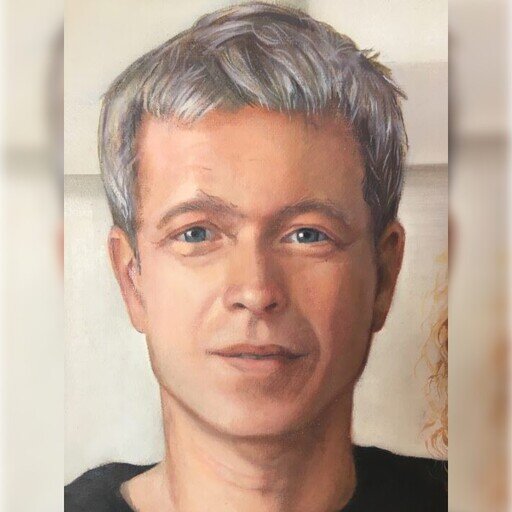Season 4, Episode 42 (#108):
“The last invention a human will make”
a conversation with Balazs Szelenyi
Topics: AI & Education
Wednesday, June 12, 2024
First, apologies for missing a week. Producing these takes a lot of work and I needed I week off.
- Jim

Our guest this week is Balazs Szelenyi, Associate Teaching Professor at Northeastern University.
From his university bio: Balazs Szelenyi received his Ph.D. from UCLA in 1998 and teaches classes on Philosophy, Globalization, Sociology and History for Northeastern University. His first major area of research was on urban history and urban development. Based on that research he published his first book called The Failure of the Central European Bourgeoisie (2006), and an article on the dynamics of urban development in the early modern period in the American Historical Review. His second area of research was on the origins and causes of genocide, for which he received fellowships from the National Endowment of Humanities, the American Council of Learned Societies, the Fulbright Commission, and the German Marshal Fund. In 2003 he was named a Fulbright New Century Scholar for his research on genocide and the Holocaust. He has published articles in the academic journals Past and Present, Theory and Society, Social History, and the Austrian History Yearbook. Balazs has also co-edited a book called Cores, Peripheries and Globalization (2011). Currently Balazs is finishing his book on the Holocaust called From Minority to Übermensch, as well as developing a new interest on the impact of technology on society and the moral dilemmas involved in the evolution of transhumanism.
We talk about his work teaching with a focus on AI and transhumanism and the future of thinking/learning. We discuss mind-extension technologies such as AI and earlier, starting with writing and the telegraph. We touch on Kurtzweil and his singularity, the new purpose of higher education, and what happens when all the inputs and outputs are filtered by machines.
Balazs says that rather than use AI for avoiding work, his program is developing AI to better interactively teach students how to delve deeper into a topic.
We had a great time talking with Balazs, and this discussion went on for an additional hour, which will be released as bonus material on http://patreon.com/jiminfantino/ our Patreon member's site.




